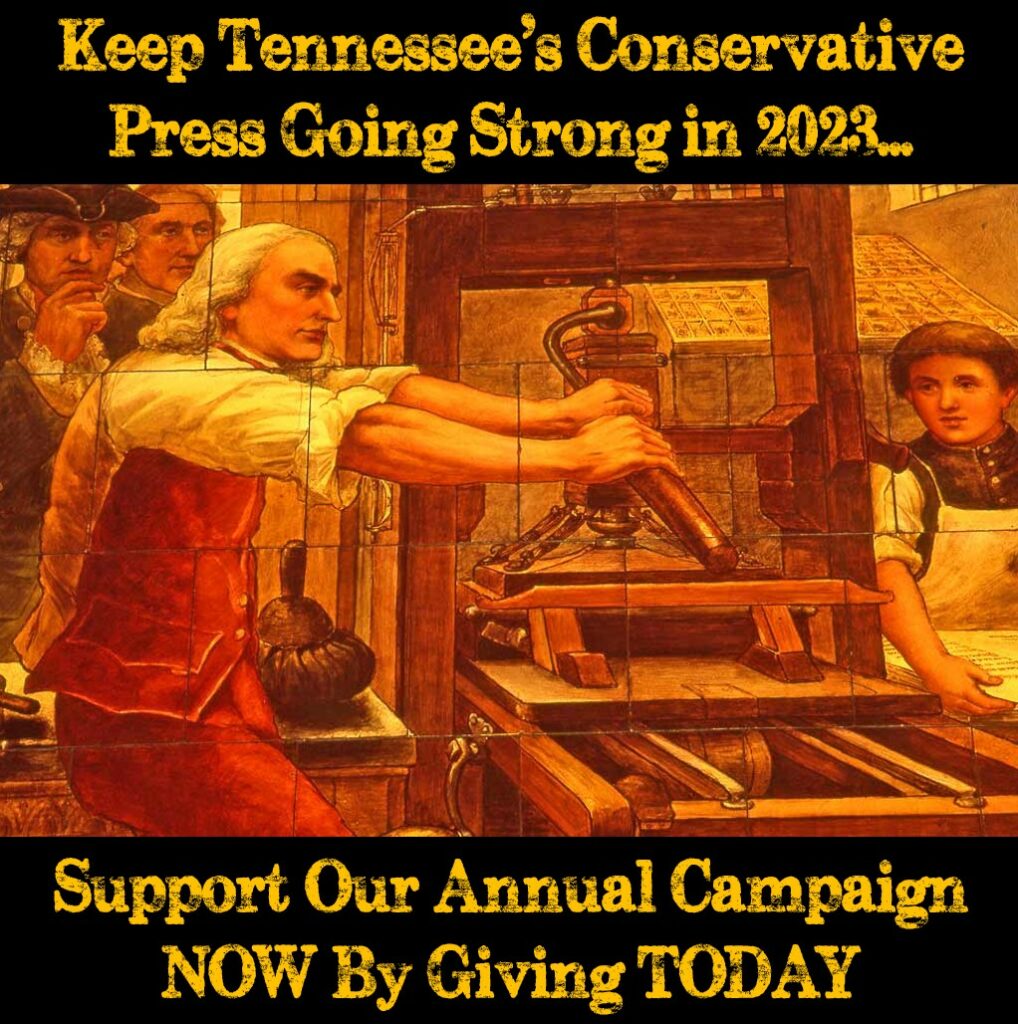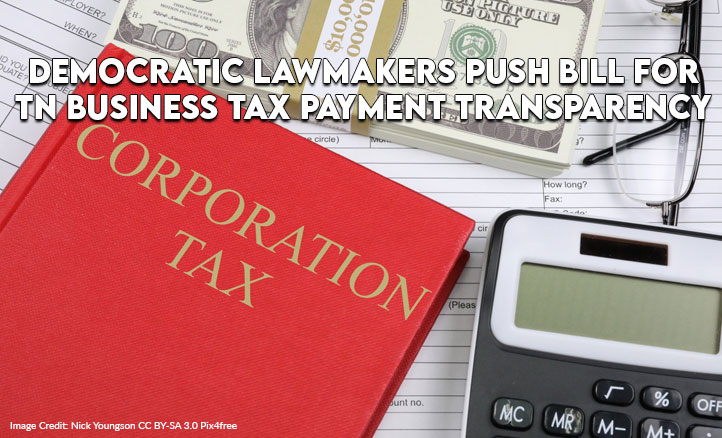Image Credit: Corporation tax by Nick Youngson CC BY-SA 3.0 Pix4free
The Center Square [By Jon Styf] –
Two Democratic lawmakers are making a push for transparency on how much businesses pay in tax to the state of Tennessee.
Senate Bill 1009 would require tax bills paid by businesses to be public information. The bill sponsors say hiding the bills paid, or not, by large corporations make it difficult to know the impact of tax policy in the state.

“At the very least, Tennesseans deserve to know which big companies are paying taxes and which ones are not,” said Sen. Heidi Campbell, D-Nashville.
The bill comes after a report from the Economic Policy Institute that said 27% of billion-dollar companies in Tennessee pay no state income taxes.
A report last year from the group said 60% of the state’s corporations do not pay state income tax.
“When big corporations don’t pay their fair share, our families suffer with underfunded schools, crumbling roads and bridges, and inadequate public services,” Campbell said. “And when state revenues fail to fund our families, students and roads, property owners are stuck making up the difference through local property tax hikes.

SB 1009 is scheduled to be heard in the Senate Finance, Ways and Means Revenue Subcommittee on Tuesday and its companion bill, House Bill 1490, is referred to the House Government Operations Committee.
Tennessee is also currently looking at a bill to cut the state’s business tax completely, a total $659.2 million tax break on combined state and local taxes, and a series of business tax changes and cuts proposed by Gov. Bill Lee.

Last fiscal year, business taxes were 23% of the state’s revenue while sales tax and grocery tax were 61% of the collections, according to the bill sponsors.
“From Memphis to Bristol, working families are paying their fair share with one of the highest sales tax rates in the country while more than half of the corporations in Tennessee are paying nothing at all,” said Rep. John Ray Clemmons, D-Nashville, the House bill’s sponsor. “With more transparency in our business tax code, everyone could see which laws are working to boost good jobs and what’s functioning as a loophole to boost corporate profits.”


About the Author: Jon Styf, The Center Square Staff Reporter – Jon Styf is an award-winning editor and reporter who has worked in Illinois, Texas, Wisconsin, Florida and Michigan in local newsrooms over the past 20 years, working for Shaw Media, Hearst and several other companies. Follow Jon on Twitter @JonStyf.


